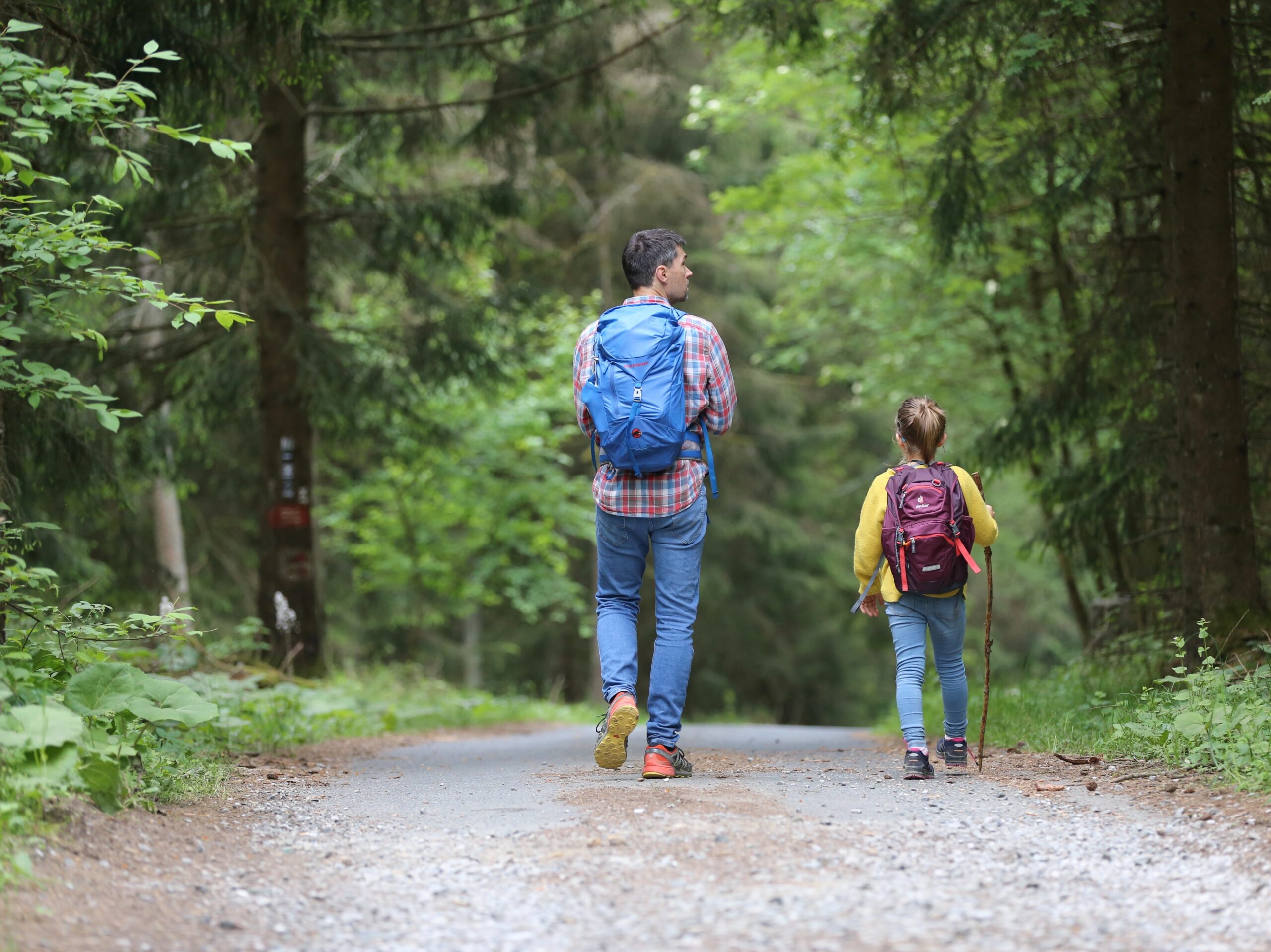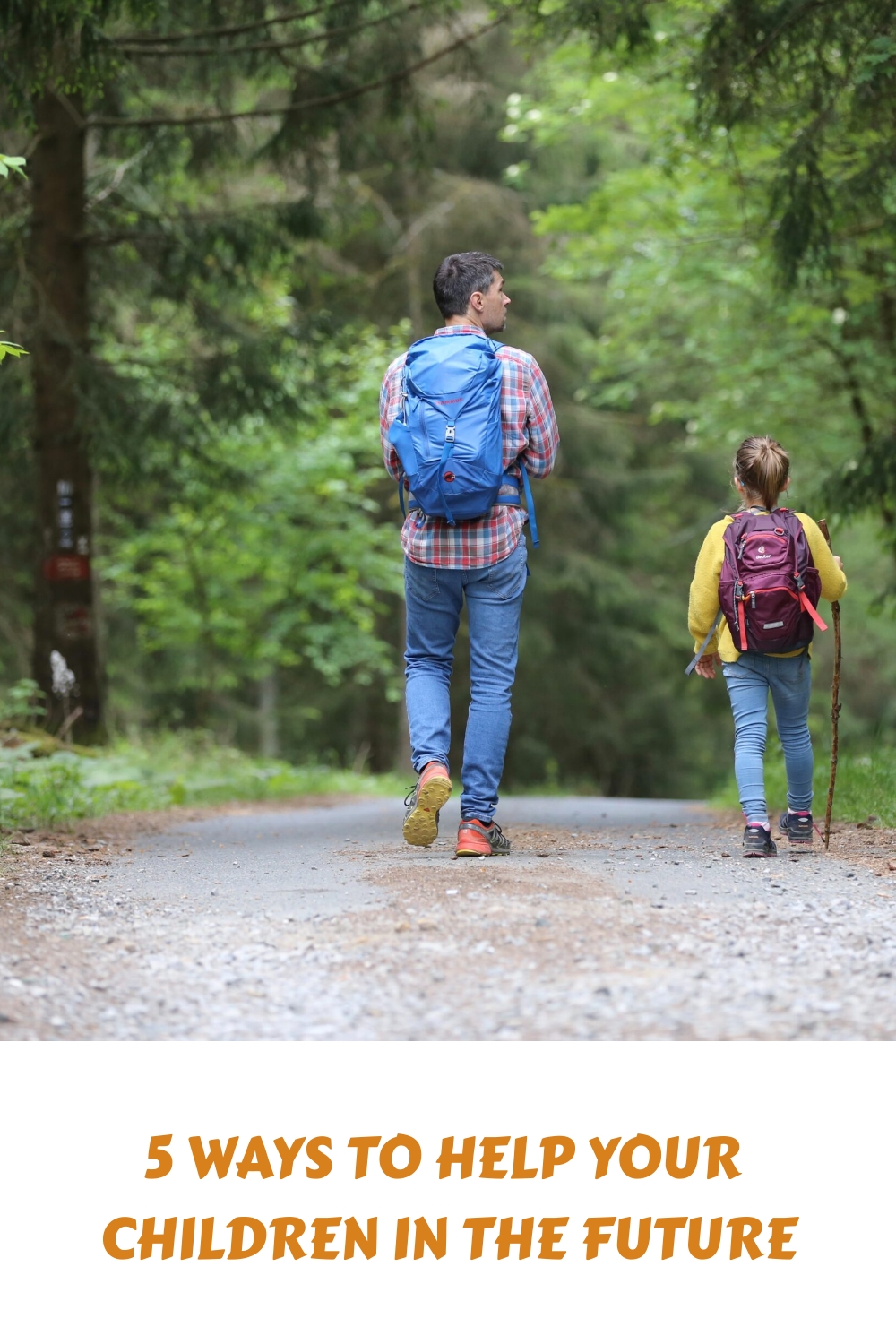5 Ways To Help Your Children In The Future
As our children grow, we aim to help them the best way we can. Sometimes though, life can get busy and the next minute, our children have grown up and we’ve forgotten to teach them some crucial things. That’s why I’ve created a helpful list of five ways you can help your children to grow up with the best foundations.
This post is part of a paid partnership between Jess Eats and Travels and Responsival.
Five Things To Teach Your Children As They Grow
Life Skills
There’s a whole myriad of life skills that should be taught to kids. From how to turn on the washing machine and do the dishes to how to cook and look after oneself. All of these are as important as each other. All children could be taught a few basic meals from which they can expand from. Some simple recipes could be how to make crepes and smoothies for breakfast; pasta salads and easy sandwiches for lunches; and simple dinners like chilli con carne and pork schnitzel.
Self-care is also very important. How to acknowledge that having a low day is ok; that mental health matters as much as a physical health problem. Teach your kids that duvet days are ok once in a while. To set healthy boundaries. To take time out to do things they enjoy. To not always strive for perfectionism. Self-care isn’t always about bubble baths and pamper evenings.
Managing Finances
As an adult in my early 30s, I will admit that my finances weren’t in order when I was even in my 20s, let alone as a teenager. Talking about finances wasn’t something my family did. Money can still be seen as a taboo in some families. Things like how to budget and save money to how to set up instant life insurance and creating a will.
These are all things that a lot of parents forget to mention to their children as they grow older and move out. We are suddenly left to figure things out ourselves! Let this be a reminder to you to sort out your life insurance/will if you haven’t yet. It’s not uncommon to not have these things sorted, so don’t feel bad if so.
Online Safety
Kids are online much earlier these days. We all want our kids to have independence and feel trusted, yet the online world is a scary place (sadly). The NSPCC have a whole load of resources on the subject, from how to set up parental controls on devices to how to talk to your child about online safety.
One of the most interesting things I read from their website is how we as parents need to be role models for online safety. Are you keeping passwords safe? Do you talk about things you read online? There’s a lot of fake news and kids need to learn to question what they read. Are you on your phone all the time? We are all guilty (me included) of it. Taking breaks away from our phones models healthy behaviour to your child. I’m taking note!
How To Read
Apart from digital literacy, actual literacy is still very important. As we send our kids to school, it’s easy to become complacent and leave everything up to the teachers. Kids however still need support at home, whether that looks like consistent reading of stories you both enjoy or supporting them with a book they’ve brought home to read.
Have conversations with the teacher to find out where they are. Perhaps they are struggling with something in phonics and you are not aware until parents evening. Teachers are so busy, so sometimes just having a little check in with them every now and then, can benefit all. Then you can buy/find the resources that will help your kid succeed. And this doesn’t have to be pressured. It can be on their terms. It can be tailored to things they enjoy, such a physical phonics games for active kids!
Emotional Regulation
Becoming a parent was a huge eye opener for me. It has taught me a whole lot about emotional regulation and how empathy and connection are THE thing that always solves problems, from meltdowns to power struggles.
I have personally learnt so much about how to regulate my own emotions to become a better parent to my kid. I haven’t done this without help though. I have read countless books and listened to different podcasts. My favourite instagram account to follow on scientific-backed parenting has got to be child psychologist Dr Martha. She shares a wealth of knowledge on how to manage meltdowns respectfully to how to teach kids about consent. I also found the Big Little Feelings course to be extremely helpful in the early days. Parenting is hard but you’ve got this!
What else could I add to this list? Let me know in the comments.



